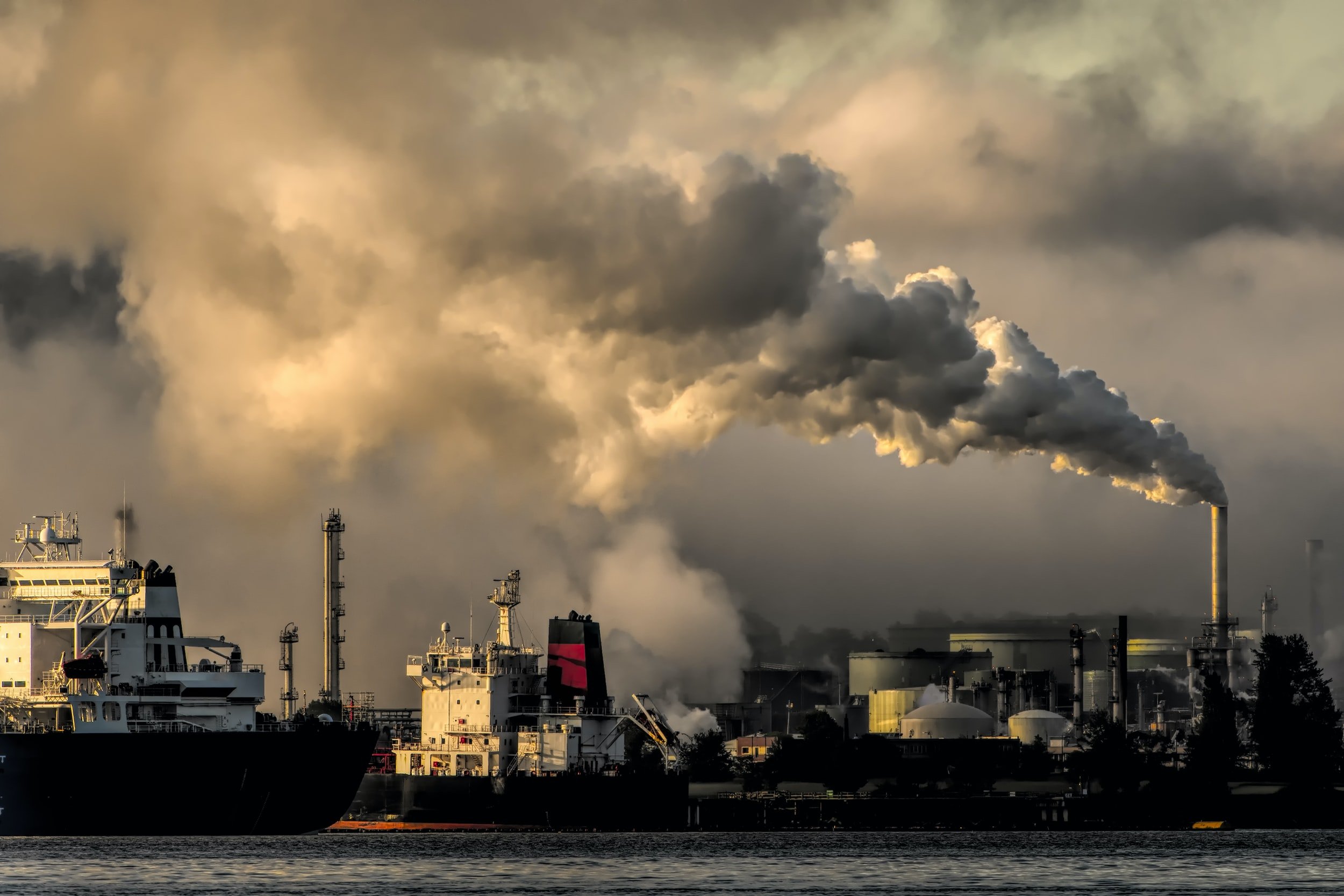
Carbon capture and storage (CCS) is dangerous, expensive, wasteful, and unnecessary.
Science, Engineering, and Uncertainty of Carbon Capture
-
Attorney Stephen Feit discusses carbon capture
Stephen Feit, senior attorney with CIEL (Center for International Environmental Law) discusses the “capture” part of carbon capture & storage (CCS).
-
An Open Letter from U.S. Scientists
In 2021, more than 300 U.S. research scientists, including many of the nation’s top climatologists and public health professionals, submitted a letter to President Biden calling CCS a “delay tactic” and a “dangerous distraction.”
-
CCS fails to capture 90 percent of its greenhouse gas emissions because of its methane releases
This 2022 report shows that, because CCS emits so much methane, it cannot capture 90% of greenhouse gas emissions, as is often claimed.
-
IPCC Says CCS is an Inefficient Way to Reduce CO2 Emissions
The “Mitigation Report” (April 2022) by the IPCC (Intergovernmental Panel on Climate Change) found that, by 2030, CCS could cut only half the CO2 emissions that could be cut by solar, wind, and efficiency, and CCS is much more expensive.
-
The Future of CCS is in Doubt Because of Past Failures
All large-scale CCS projects in the U.S. and Canada (14 of them) have collapsed or have failed to meet their goals. This is a dismal history for a technology that is supposed to save the oil and coal industries while averting climate catastrophe.
-
CCS requires massive amounts of water
This 2021 report shows that widespread use of CCS to meet the 1.5 degree C. goal for global temperature rise would double human consumption of water, creating scarcity in many places.
-
The Impacts of Carbon Capture On Water Consumption
A CO2 capture system requires additional water for cooling and make-up, increasing the water requirements for power plants. Estimates in the technical literature show that, with the addition of a full-scale post-combustion capture system, the increase in water consumption per megawatt-hour (MWh) of electrical output can be as high as 90 per cent.
Climate change has altered the global water cycle, making dry areas drier. With much of the U.S. facing drought conditions, increasing water-use unnecessarily seems wrong.
-
Video: Dr. Sandra Steingraber on CCS & fracking
Dr. Sandra Steingraber, biologist & expert on fracking, draws striking parallels between CCS and fracking.
-
Fact Sheet: Carbon Dioxide & Human Health
This fact sheet explains the medical facts about carbon dioxide and its impact on normal physiology as well as the hazards and risks involved. Written by Ted Schettler, M.D., M.P.H., Science Director, Science and Environmental Network (SEHN)
-
Former U.S. Energy Official Says Investing Public Money in CCS is a Mistake
Federal investment in CCS has been a major waste of money, but investment in renewable energy has paid off big-time.
-
How Green Can Black Be?
To change black fuel into green energy, an enormous, rapid acceleration and scale-up of CCS would be required, from tens of power plants within 5 years, to hundreds of large plants by 2025, and then to thousands of small power plants by 2035. A recent article in Chemical & Engineering News says the U.S. would need to build 2000 large CCS projects by 2050 – or 70 projects each year for the next 29 years. Given the many unknowns about safe transport and permanent storage of CO2 in the ground, this seems foolhardy, even reckless, and almost certain to fail.
Do we really want to bet the future of all young people on this failed technology?
-
Video: Dr. Mark Jacobson on CCS
Stanford University professor Mark Jacobson discusses his research findings about failed carbon capture projects.